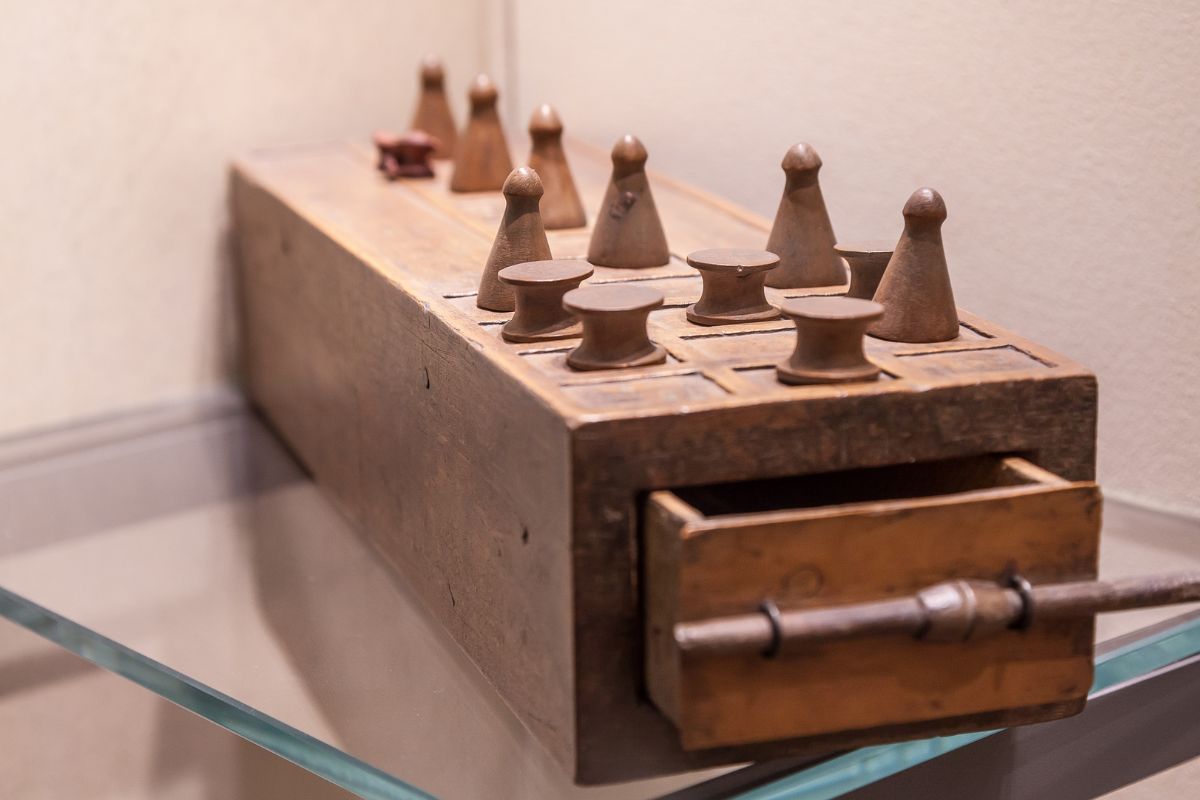Diving into the realm of real estate without leaving your living room has never been more exhilarating than with Monopoly, the quintessential board game that has been captivating players for generations. Whether you’re a seasoned tycoon or a first-time buyer in the world of Monopoly, this guide will navigate you through the twists and turns of acquiring property, building your empire, and crucially, avoiding bankruptcy. Prepare to discover strategic insights and tips that could crown you the Monopoly mogul amongst your friends and family. Let’s embark on this journey to monopolize!
Understanding the Basics of Monopoly
Monopoly is a classic board game that has been enjoyed by families and friends for decades. It combines strategy, negotiation, and a bit of luck, making every game unpredictable and exciting. The objective of the game is to become the wealthiest player through buying, renting, and selling properties. Every player starts with the same amount of money, and as the game progresses, you can buy properties when you land on them. If another player lands on your property, they have to pay you rent. The trick is to monopolize a color group to build houses and hotels, which significantly increases the rents other players must pay.
The game includes several components: a game board, tokens, property cards, play money, Chance and Community Chest cards, houses, hotels, and a pair of dice. On your turn, you roll the dice and move your token the corresponding number of spaces. Landing on different squares can mean different things: you could end up owning a property, paying rent, being sent to Jail, or drawing a card that could either help or hinder your progress.
Strategies for Winning Monopoly
While Monopoly involves a level of chance, strategic planning can significantly increase your chances of victory. Here are some tips:
- Focus on acquiring a complete set of properties to build houses and hotels. This is key to maximizing rent.
- Trade wisely. Use negotiation to complete your color groups or to gain advantageous positions.
- Manage your cash carefully. Always have enough to pay rent on other players’ properties, especially if they are full of houses or hotels.
Remember, every game of Monopoly is different, and adapting your strategy to the specific situation is crucial. Keep an eye on your opponents’ moves and be ready to adjust your plans. With patience and strategic gameplay, you’ll increase your chances of becoming the Monopoly champion.
Choosing the Right Edition
When venturing into the vast world of Monopoly, one of the most critical decisions before the dice hit the board is selecting the right edition for your game night. Monopoly has evolved far beyond its original format, branching into numerous editions that cater to various interests, ages, and themes. The classic edition remains a timeless choice, offering the purest Monopoly experience with its iconic tokens, properties, and Chance and Community Chest cards. However, for those seeking a twist on the traditional gameplay, special editions such as Monopoly Cheaters Edition or the numerous pop culture-themed versions can offer a fresh and exciting challenge.
Consider the interests and ages of the players when selecting an edition. While the classic version is suitable for a wide audience, some themed editions might resonate more with certain groups. For example, younger players might be thrilled to trade properties in Monopoly Junior, while fans of popular franchises might gravitate towards editions like Monopoly Star Wars or Harry Potter. Each themed edition often introduces unique rules and gameplay elements, offering a new experience even to Monopoly veterans.
Beyond personal interest, the choice of edition can also impact the game’s duration and complexity. While some versions are designed for quicker play, others, like Monopoly Ultimate Banking, introduce digital components that can streamline certain aspects of the game but also add layers of complexity. Regardless of the edition, Monopoly remains a game of strategy, luck, and negotiation, making it a beloved pastime for millions. The key is to find an edition that not only excites but also challenges the players, ensuring every game night is both memorable and engaging.
Understanding the Game Rules
Before embarking on the competitive journey of Monopoly, it’s crucial to grasp the rules that govern the game. Monopoly is designed for 2 to 8 players, where the main objective is to drive opponents into bankruptcy through strategic buying, renting, and trading of properties. The game starts with each player choosing a token and receiving a fixed amount of play money, determined by the game’s instructions.
Players take turns rolling two dice to move around the game board, buying or trading properties, and developing them with houses and hotels. Rent is collected from opponents that land on your properties, with the amount due increasing if you own a monopoly (all properties in a color group) and have built houses or hotels. Certain spaces on the board trigger specific actions, such as drawing a Chance or Community Chest card, paying taxes, or going to jail.
Monopoly involves a mixture of luck and strategy. The luck element comes from the roll of the dice and the cards drawn, but strategic decisions play a critical role in managing properties and cash. Trading with other players is a key tactic, and negotiations can influence the outcome of the game. Keeping a sharp eye on your financial status while predicting your opponents’ moves can lead to your ultimate victory.
| Key Component | Description |
| Properties | Squares on the board a player can buy, trade for, or sell. |
| Chance and Community Chest | Card spaces that players land on to draw cards with instructions for a reward or penalty. |
| Jail | A space where players may be sent and cannot move until they meet conditions for release. |
Understanding these rules forms the foundation for playing Monopoly effectively and enjoying the competitive spirit it brings to the table.
Setting Up the Monopoly Board
Before delving into the cutthroat world of Monopoly, setting up the board correctly is paramount to ensure a smooth and enjoyable game experience. The Monopoly board unfolds to reveal a square playing field, with properties, utilities, and other special spaces along its perimeter. Position the board so that all players have easy access to it, making sure it’s on a large enough surface to accommodate not only the board but also the bank’s currency, title deeds, and community chest and chance cards.
Designate a player as the banker. This player is responsible for managing the bank’s money, property deeds, buildings, and auctions. Although they hold a significant responsibility, remember that the banker can also participate as a player. Next, distribute the components among the players. Each player selects a token and receives a fixed amount of money from the bank, traditionally set at $1,500, divided into two of each $500, $100, and $50 bills; six $20 bills; and five of each $10, $5, and $1 bills. This economic setup creates the initial equality and competition spirit among players.
Shuffle both the Chance and Community Chest cards and place them on their designated spaces on the board. These cards can be game changers, providing players with opportunities, rewards, or penalties as they navigate the squares. Finally, ensure that houses and hotels are within reach, typically beside the board, ready for players to purchase as they acquire properties of the same color group. Properly setting up the b ard not only streamlines gameplay but also sets the stage for a dynamic and enjoyable game that tests the skills, strategy, and a little bit of luck of each player.


